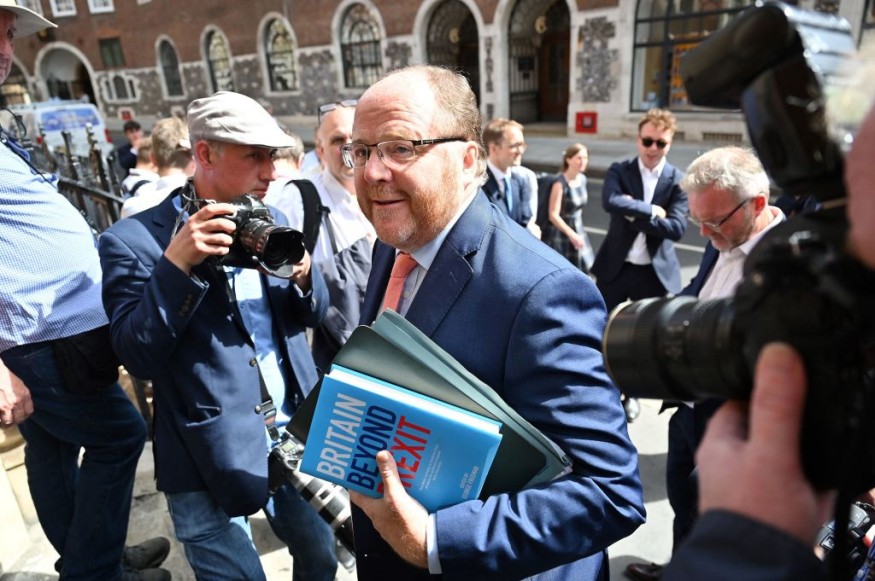
A science minister in the United Kingdom has quit his role as he could not afford to pay for rising mortgage costs on a salary of £120,000 ($152,000).
George Freeman, a Mid Norfolk MP, resigned from his ministerial position during the cabinet reshuffle in November. In a Substack block post, he said one of his reasons for leaving his post was an increase in his mortgage payments this month, which will go up from £800 ($1,016) to £2,000 ($2,502).
"In November I stood down having served in 5 Front Bench roles under 4 Prime Ministers - as 1st UK Minister for Life Science, Agritech, TransportTech, and then 1st Minister of State at the new Dept. of Science, Technology and Innovation," the blog post read. "Why did I stand down? Because my mortgage rises this month from £800 pcm to £2,000, which I simply couldn't afford to pay on a Ministerial salary."
Freeman, who has been an MP since 2010, would have been receiving an annual salary of £118,300 ($147,834) before deductions. However, he has financial overheads following his divorce from his wife. He is also paying maintenance costs for his two children, according to The Guardian.
England's Mortgage Rate Hike
Mortgage rates in the U.K. have spiraled after the Bank of England hikes interest rates in an effort to curb inflation. The value of the pound also fell in September 2022 following Liz Truss's mini-budget proposal.
Many homeowners in the country are now collectively facing a £19 billion ($24 billion) increase in mortgage costs as more fixed-rate deals expire. Many borrowers are also forced to renegotiate their home loans following the interest rate hikes.
In addition, the Bank of England also issued a dire warning in December and said millions of households have yet to feel the effects of the increasing interest rates.
"Higher rates are expected to affect around five million [further] households by 2026," the Bank of England said. "For the typical owner-occupier mortgagor rolling off a fixed rate between [April to June] 2023 and the end of 2026, their monthly mortgage repayments are projected to increase by around £240, or around 39%."



